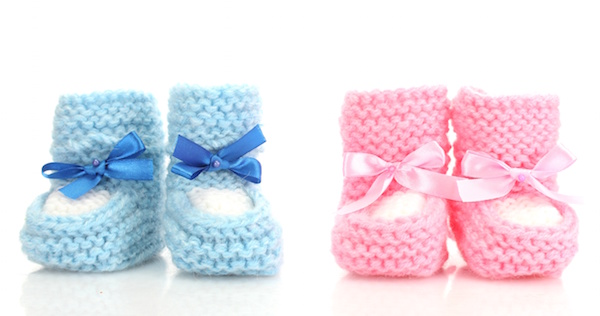
FRIDAY, Nov. 15, 2013 (HealthDay News) — Seeing a child suffer a seizure can terrify a parent. As part of Epilepsy Awareness Month in November, an expert offered some advice on how to deal with such a situation.
All first seizures in children require a medical evaluation, said Dr. Adam Hartman, a pediatric neurologist and epilepsy expert at Johns Hopkins Children’s Center in Baltimore.
“If this is the first time your child is having a seizure, seek emergency medical care,” he said in a Johns Hopkins news release.
Children with known epilepsy who have a breakthrough seizure — one that occurs despite treatment — do not typically require urgent medical attention unless:
- The seizure lasts more than five minutes.
- The seizure looks different from previous seizures.
- Several seizures occur in a cluster.
- The child remains unconscious for a few minutes following the seizure.
- The child struggles for air and is not getting enough oxygen, signaled by bluish lips or complexion.
The symptoms listed above may mean that the child is going into status epilepticus, a persistent, severe and life-threatening seizure that always requires emergency treatment, Hartman said.
During a seizure, don’t put anything in the child’s mouth and don’t try to hold the child down. Clear the surrounding area and have the child lie on one side, rather than flat on their back, Hartman said. You can put a small pillow under the child’s head.
After the seizure ends, allow the child to rest and check for injuries. Do not give the child anything to eat or drink until fully alert. Note the length of the seizure and the date and time it occurred.
Keep a seizure diary and inform the child’s neurologist or primary-care pediatrician about all seizures. Pay attention to what might have triggered the seizure. Sleep deprivation, high fever, illness, and emotional or physical stress increase seizure risk among children with epilepsy.
“Children respond individually to stressors, so it’s important to notice the factors that precipitate a seizure in your child and avoid them when and if possible,” Hartman said.
Epilepsy, an umbrella term that encompasses more than 40 seizure disorders, affects nearly 3 million people in the United States. More than 320,000 of them are children under 15, according to the Epilepsy Foundation. About 45,000 children in the United States develop epilepsy each year.
More information
The Epilepsy Foundation has more about epilepsy.
Copyright © 2026 HealthDay. All rights reserved.

